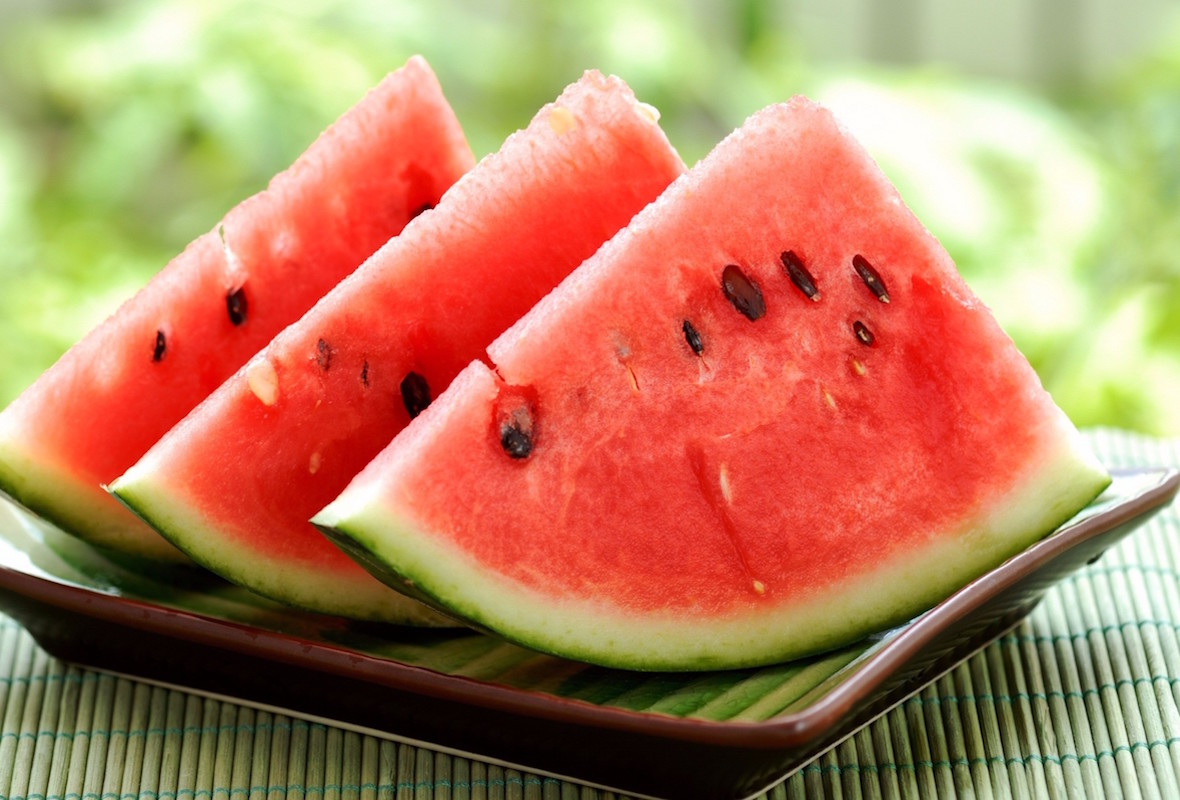If you are looking for a delicious way to shed some pounds, the watermelon diet may be just what you need. Not only is watermelon a tasty and refreshing fruit, but it is also low in calories and high in water content, making it an excellent choice for weight loss.
In this comprehensive guide, we will take a closer look at the diet, including how it works, what to eat, and its potential benefits and drawbacks.
How Does the Watermelon Diet Work?
The watermelon diet is a short-term, low-calorie diet that involves consuming primarily watermelon for several days. This diet is designed to promote weight loss by reducing calorie intake and increasing hydration levels.
Also, Read- “Discovering the Wonders of Vitamin U: A Comprehensive Guide”
The watermelon diet typically lasts for three to five days, during which time you consume mostly watermelon along with other fruits and vegetables. It is important to note that this diet is not suitable for long-term weight loss or as a substitute for a healthy, balanced diet.
What to Eat on the Watermelon Diet
During the watermelon diet, you will primarily consume watermelon along with other fruits and vegetables. Here is a sample meal plan for a typical day on the watermelon diet:
- Breakfast: Watermelon smoothie with spinach and banana
- Snack: Sliced cucumber with a sprinkle of sea salt
- Lunch: Watermelon salad with feta cheese, mint, and a drizzle of balsamic vinegar
- Snack: Watermelon cubes with a squeeze of lime juice
- Dinner: Grilled chicken breast with a side of roasted asparagus and a slice of watermelon
It is important to note that the watermelon diet is not a high-protein diet, so you may need to supplement your meals with additional protein sources if you are physically active or have high protein requirements.
Potential Benefits of the Watermelon Diet
The watermelon diet offers several potential benefits, including:
1. Low in calories: Watermelon is low in calories, making it an excellent choice for weight loss.
2. High in water content: Watermelon is 92% water, which can help keep you hydrated and reduce bloating.
3. Nutrient-rich: Watermelon is a wonderful source of potassium, magnesium, and the vitamins A and C.
4. May reduce inflammation: Watermelon contains lycopene, a powerful antioxidant that may help reduce inflammation in the body.
Drawbacks of the Watermelon Diet
While the watermelon diet has some potential benefits, it is important to consider its drawbacks as well. These include:
1. Limited nutrient variety: Consuming primarily watermelon for several days may not provide your body with all the nutrients it needs.
2. Short-term weight loss: The watermelon diet is designed for short-term weight loss and is not a sustainable long-term solution.
3. Potential for dehydration: While watermelon is high in water content, consuming too much of it can cause dehydration due to its diuretic properties.
4. May not be suitable for everyone: The watermelon diet may not be appropriate for individuals with certain health conditions or dietary restrictions.
Conclusion:
The watermelon diet is a short-term, low-calorie diet that may help promote weight loss and hydration. While it has some potential benefits, it is important to consider its drawbacks and consult with a healthcare provider before starting any new diet or weight loss plan.
Remember, sustainable weight loss comes from a healthy, balanced diet and regular physical activity. Incorporating watermelon and other fruits and vegetables into your diet can be a tasty and nutritious way to support your weight loss goals.










